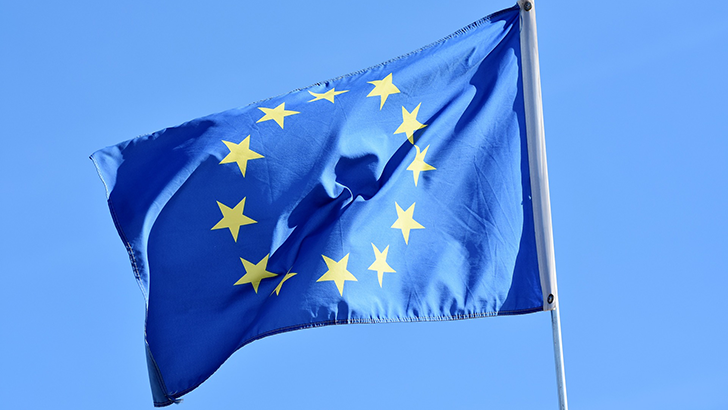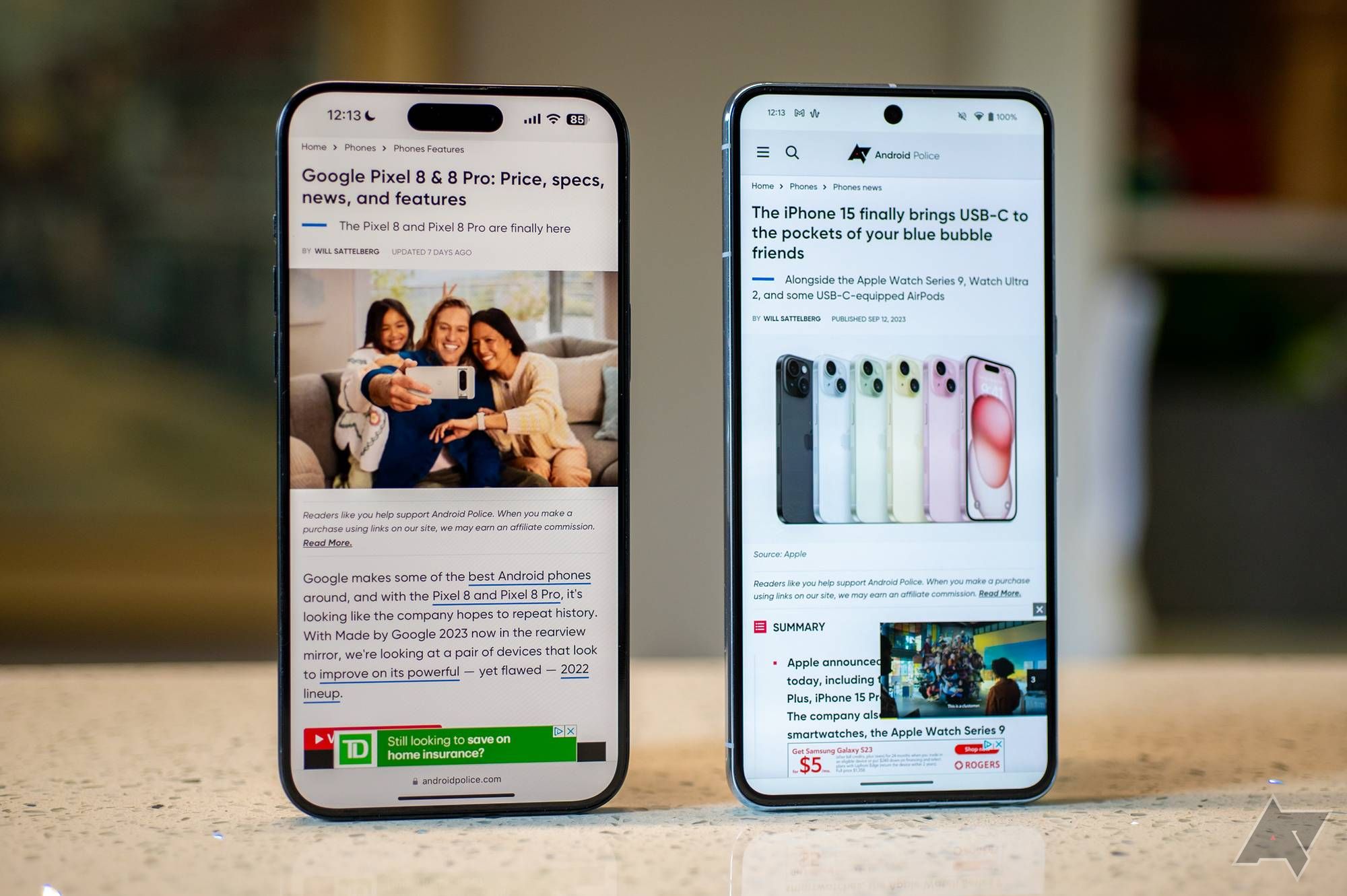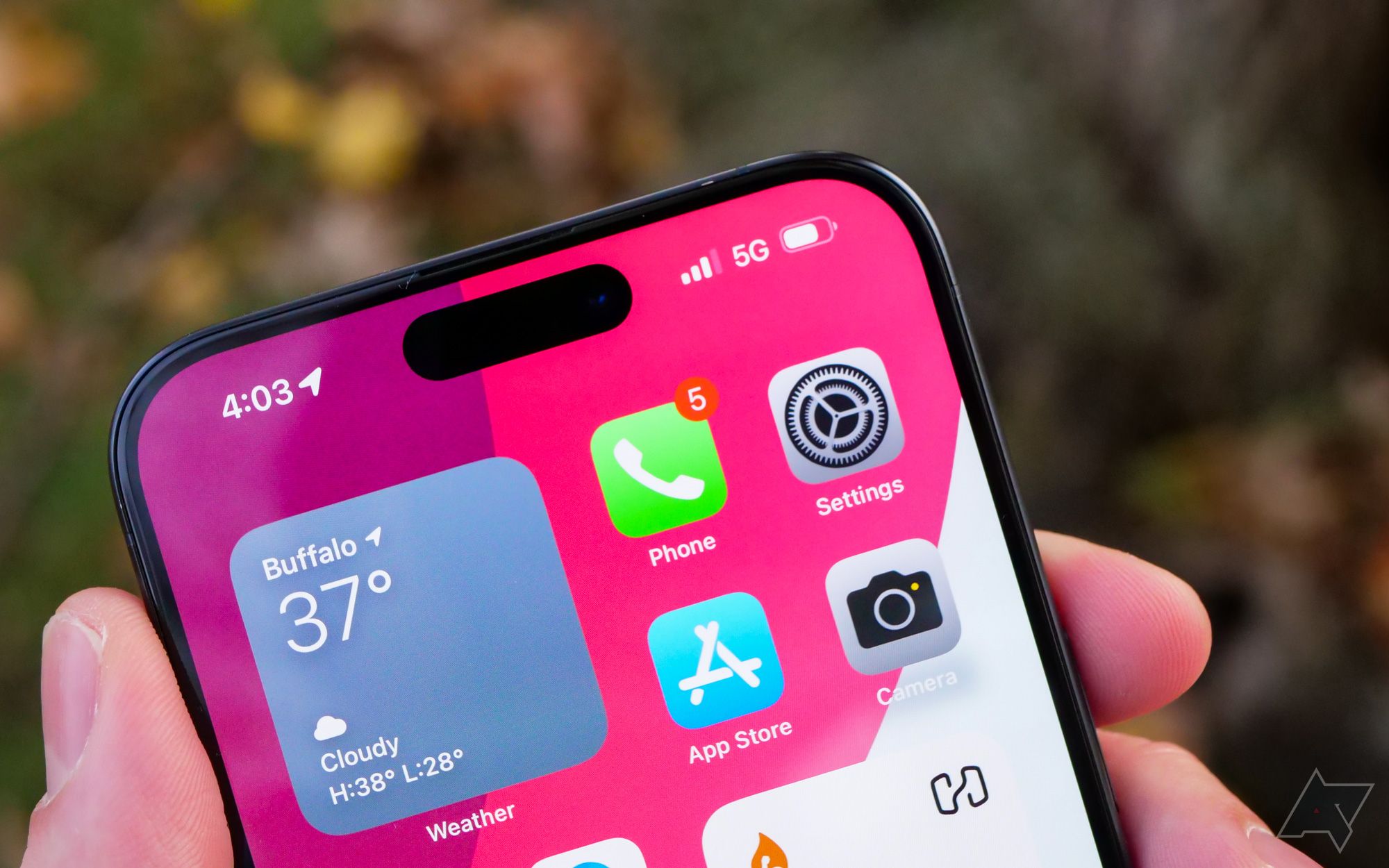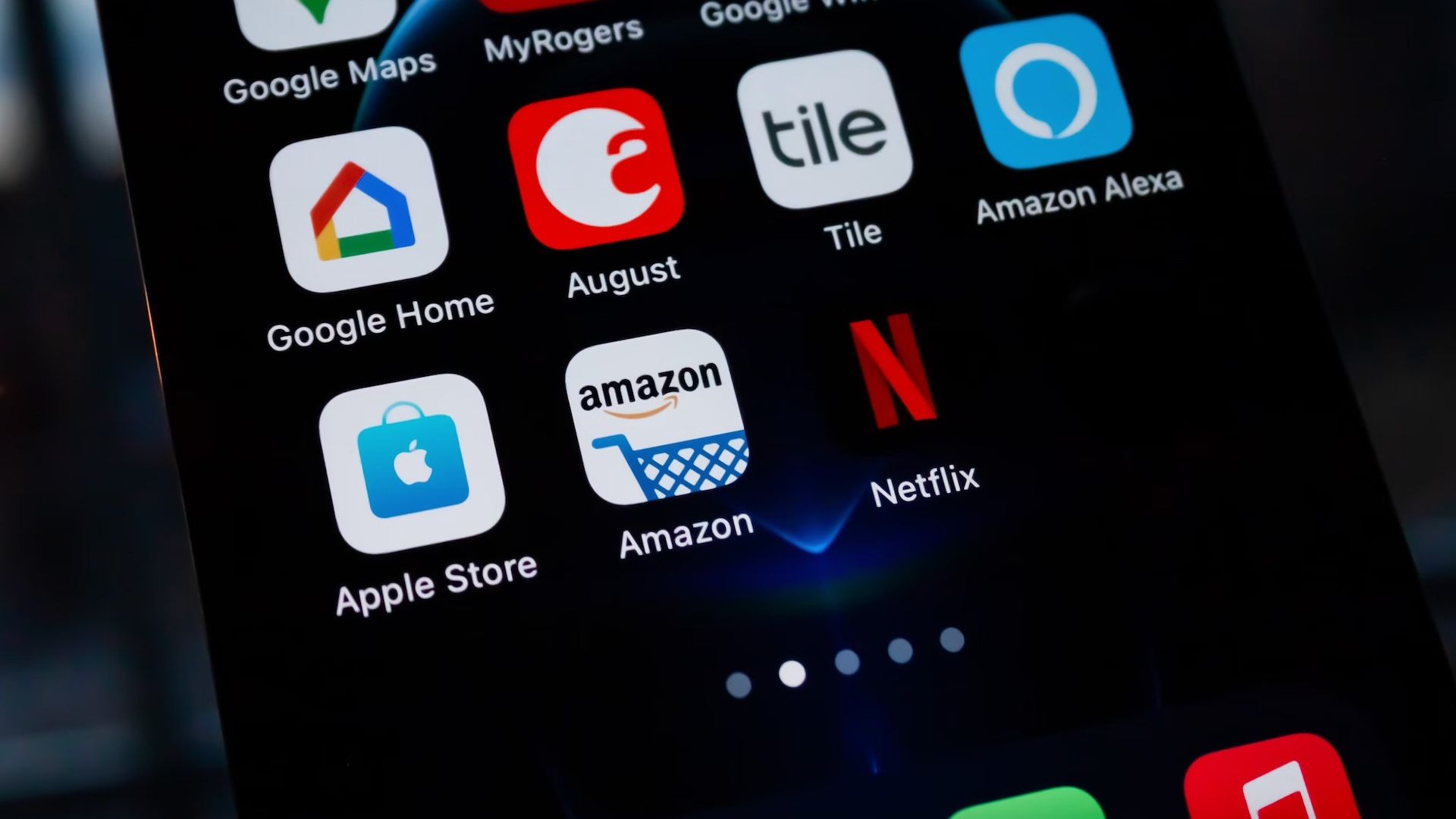But sideloading on iOS won’t look the same as it does on Android
Abstract
- Apple is finally allowing sideloading of apps on iOS devices in line with EU legislation, but with limitations and stipulations.
- Following today’s announcement, iOS users in the EU can now download third-party apps directly from the web, but developers must adhere to certain guidelines.
- To improve security, Apple will implement a notary process for app review and malware protection for iOS products.
Sideloading — the process of installing third-party apps outside of the native app store — is an option Android users have had for some time, with little to no OS resistance or restrictions on where to download an app. In some cases, it’s a draw for those who want to be able to choose apps on their device. One of the downsides of using Apple products was how difficult it was to sideload software onto iOS. Following the opening of the floodgates last month, the tech giant is making several more changes to its side loading restrictions to comply with European Union (EU) legislation.

Sideloading Coming to iOS in 2024 — What Does It Mean for Android?
It’s time to talk about the upcoming shift in the mobile market
In response to the EU’s Digital Markets Act, aimed at maintaining competition in the tech industry, Apple has adjusted its apps policy (via 9to5Mac ). Specifically, it embraces a new program called Web Distribution — aimed at allowing developers to offer their apps directly on their websites, as opposed to just the App Store or through third-party app stores that meet strict new guidelines announced last month. Similar to sideloading on Android devices, this means iOS users will now be able to download third-party apps directly from the web in some cases.
However, Apple has included a few conditions — EU developers must be enrolled in the Apple Developer Program, for example. They must also be in good standing, and app downloads are only allowed through a domain registered within App Store Connect. This means that alternative third-party app download websites, for example, will be of no use to iOS users. Developers will be required to disclose how they use app users’ data and address government issues. There are small fees to consider as well that apply to the Apple Developer Program as it exists in the EU.
If you have an iPhone and live in the EU, you’ll notice a change after installing the iOS 17.4 update. In order to reduce security risks for users of iOS devices, Apple is also introducing a notary authentication process. This means that all apps will be reviewed before being installed on the device, similar to Google Play Protect measures. Greater malware protection for iOS products is also expected to be introduced in the near future.

I’ve tested Apple’s EU-only iOS 17.4 and it doesn’t seem close to Android (yet)
The EU has forced Apple to open up its platform, but there’s nothing to see at the moment

